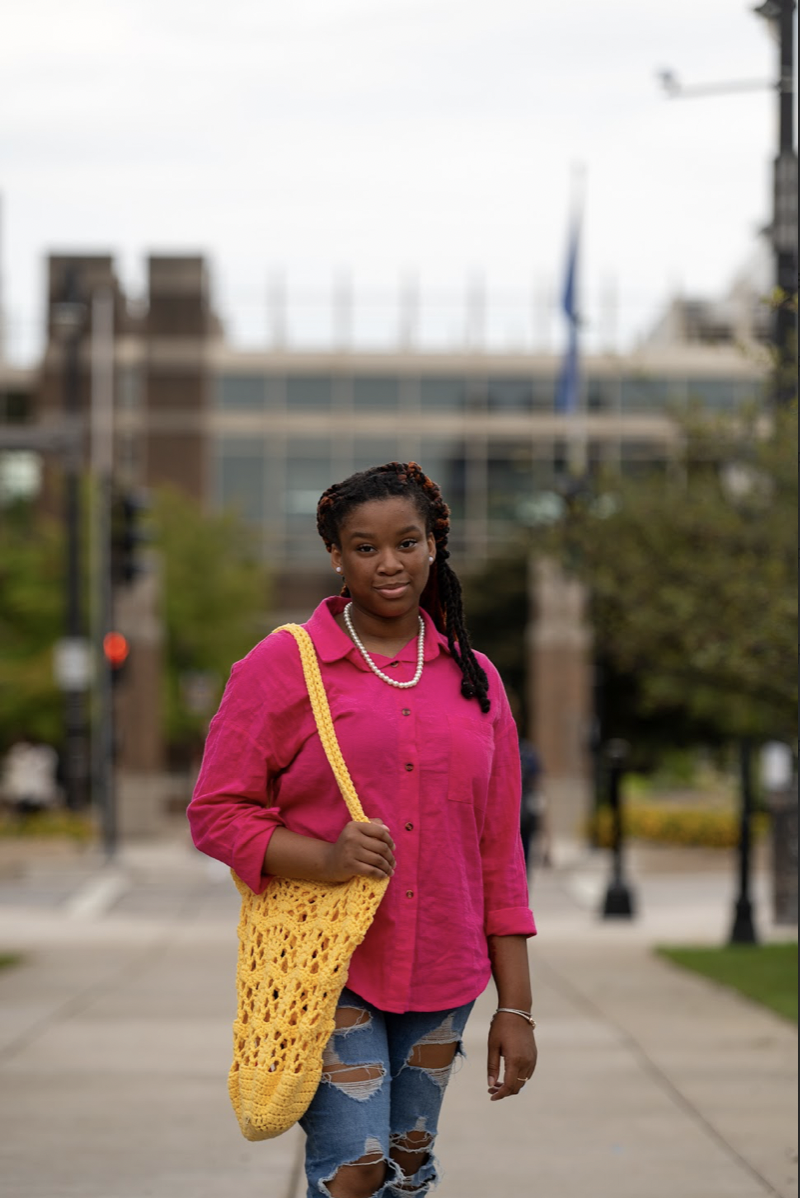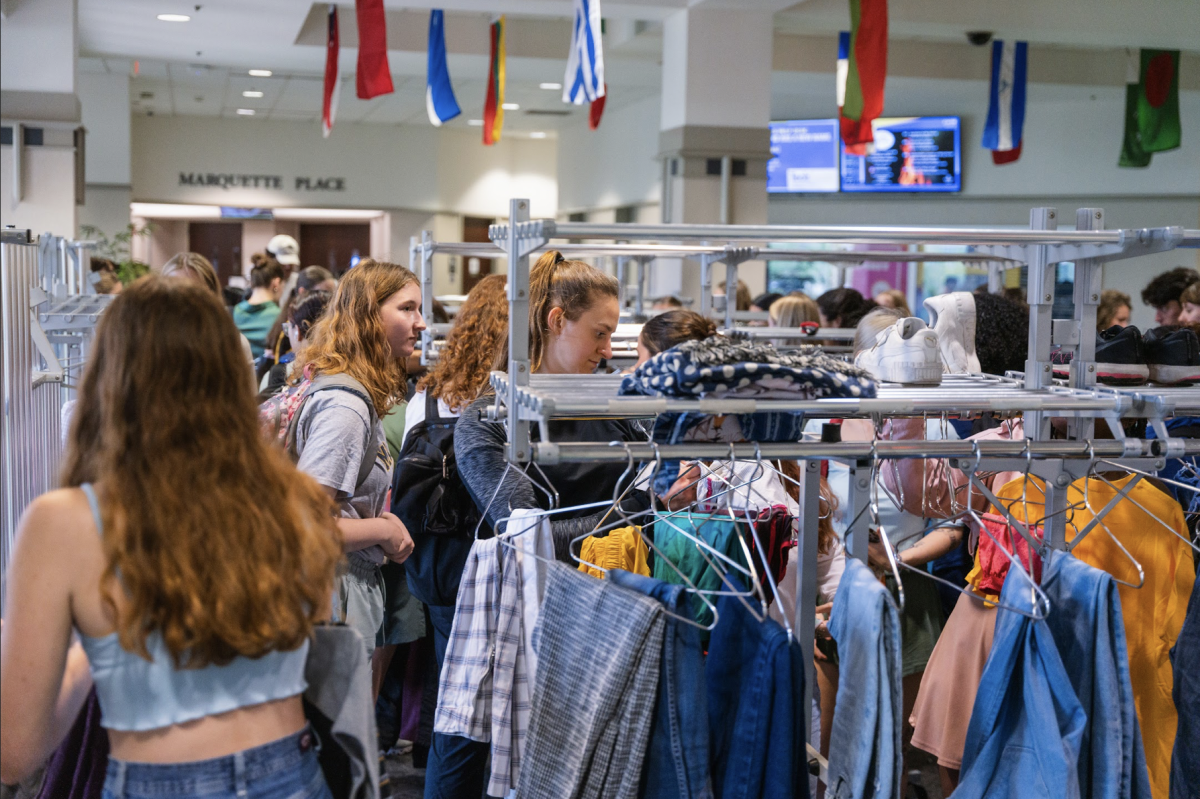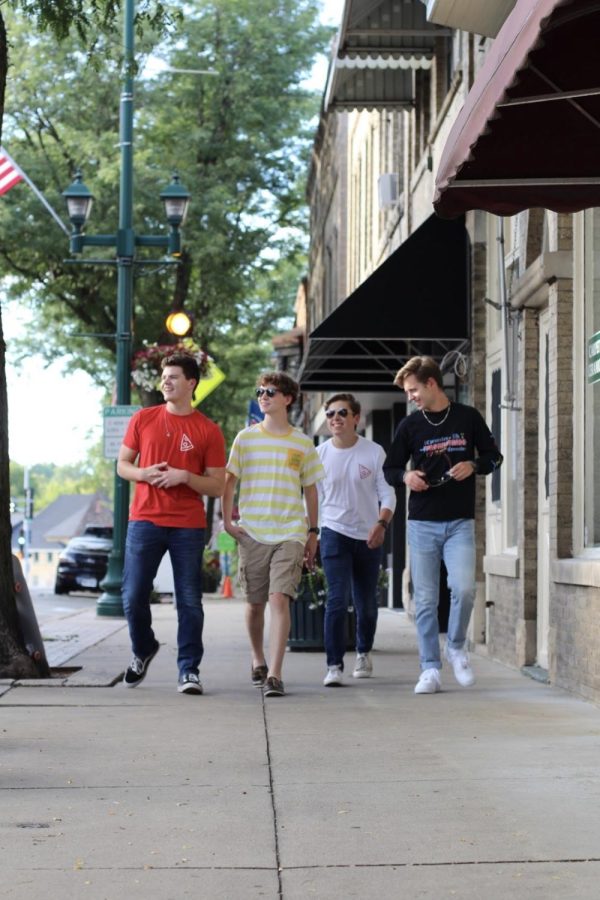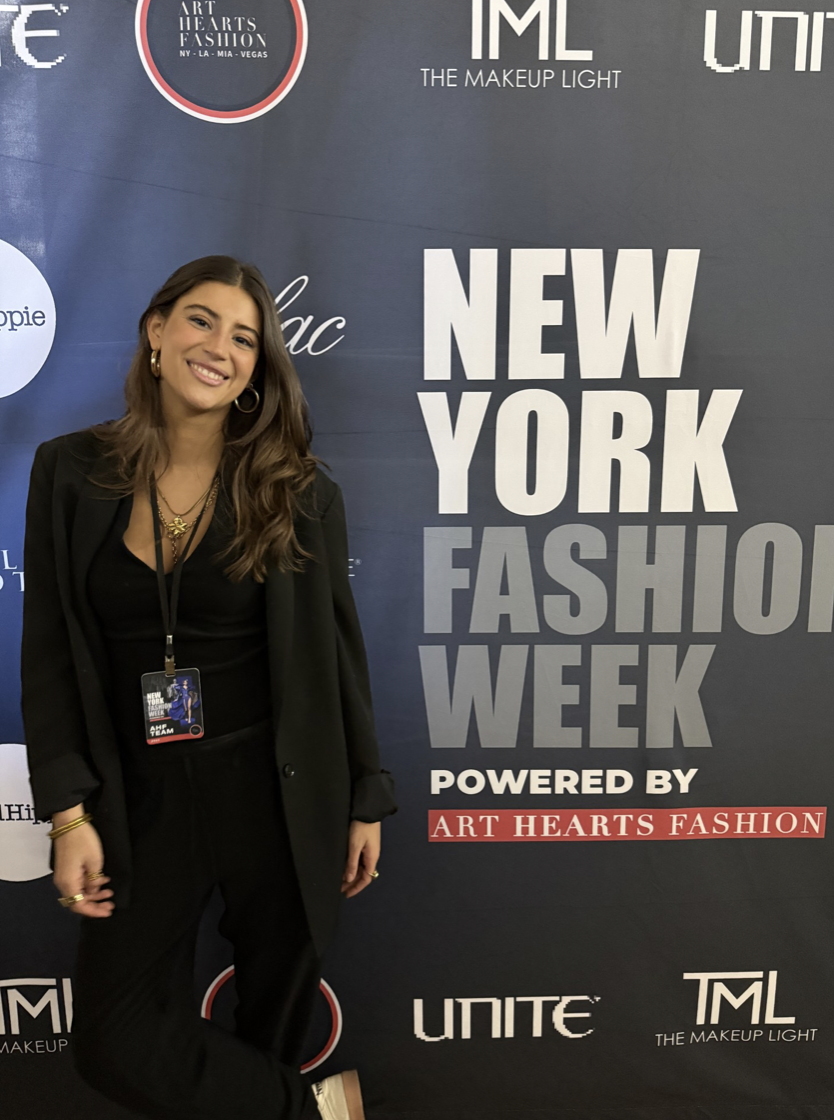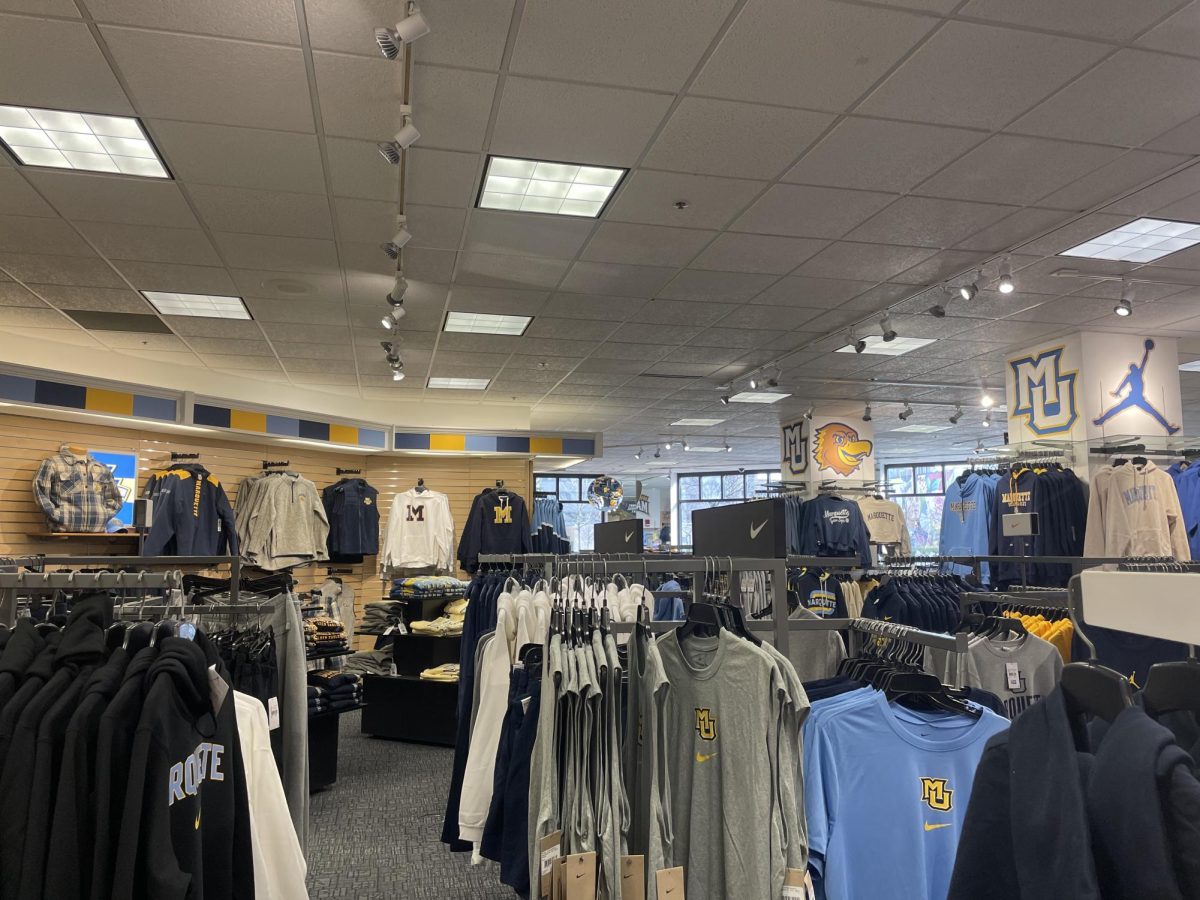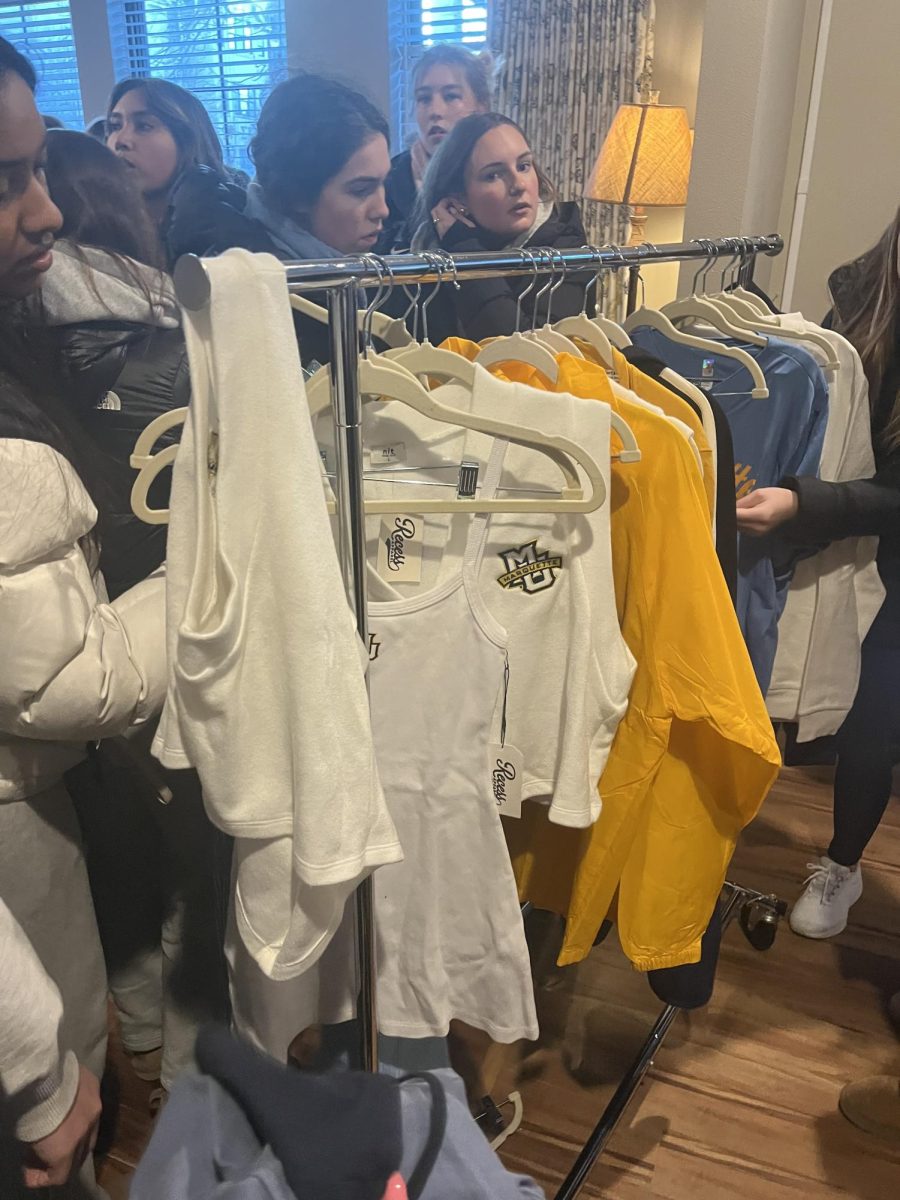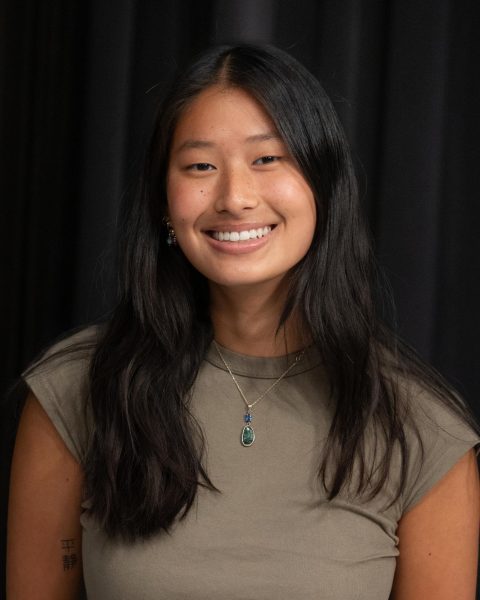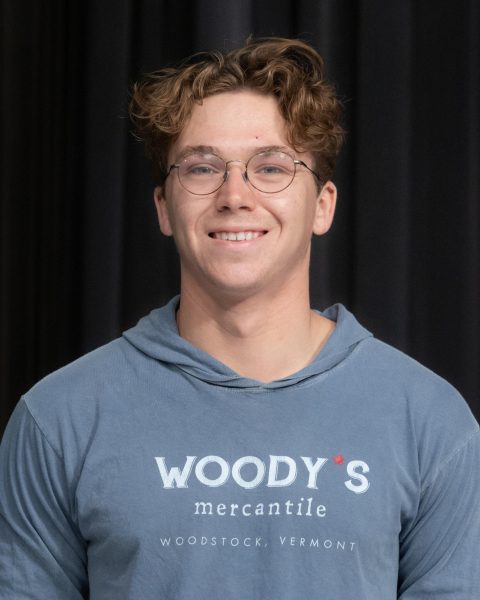Marquette campus gained a new club last year that allows students of color to not only create unity, but also express themselves through fashion.
Vogue at MU held their first fashion week this past week. Vogue at MU’s President, Jayna Hogan-White, a sophomore in the College of Arts & Sciences, spoke with the Marquette Wire.
What sparked the idea to create this club?
It really all started by Tik Tok. I wanted to go to a [historically Black college or university] but instead I went to Marquette which is a [predominately White institution.] There’s not really a lot of students of color here, and I wanted to create something that brought students of color together. Something that represents us, and fashion is one of the biggest ways that we can express ourselves because there’s not a lot of outlets of expression for us on campus.
How can students join the club and when is the fashion show?
Right now, like our club is pretty much booked; however, as the semesters changes, we do encourage people to try to join the club if they’re interested. The fashion show is Dec. 2 at the AMU Ballrooms from 7-10 p.m. It’s very, very exciting. For the fashion show, we have created a model form that we passed out at O-fest and we posted on the Instagram app.
What are the themes of the days you chose for Vogue at MU’s first fashion week?
We have all seen fashion shows in Vogue magazines and Vogue issues and that is really where the name came from. They have fashion week in real life so let’s bring it to Marquette. The first theme is streetwear, streetwear is fairly easy, but then things start to get complicated towards the second and the third categories. The second category is renaissance — not like Beyonce’s Renaissance or Harlem Renaissance. Renaissance is really defined as bold colors and bold patterns — I feel like not many people know that. The last category is icons. With icons it’s basically what makes you an icon in your own style.
How did you get into the love of fashion?
It started with my mom and my grandmother. I would dress in their clothes sometimes, but then in high school I started getting my own style. With my own style, I’m still improving it. It’s not like a set style, that’s the beauty in fashion — it’s not linear, it’s a spectrum.
Who are people you look up to that have influenced the way you dress?
Black women in the ’90s are really my biggest inspiration. There’s this 90’s sitcom called “Living Single,” one Black woman dressed in business all the time and every time she would just look amazing. Whitney Gilbert from a show called “A Different World,” was a student at a HBCU and I felt like I resonated with her — especially when it came to her sense of style.
How is the club promoting itself on campus?
I really, like, want everybody to understand that Vogue at MU isn’t going anywhere. We’re here to stay. I want more diversity to come from fashion, because I feel like nobody ever did this before and this was something that I was destined to do. I want change. I really want change when it comes to students of color on this campus because we need a foundation, and we need more spaces to express ourselves freely to belong. We share flyers through Instagram, since it’s only a small group of students of color on campus, once we see things and we just share because we are such a close-knit community.
How do you envision Vogue at MU impacting the Black community on Marquette’s campus?
I am really excited to see where this goes because it’s one thing to envision it and to have a vision, but to actually see it executed, very excited. I’m so proud of my support system. My mom, my grandmother, EOP (Educational Opportunity Program), those support systems really matter to me especially me being a Black woman on campus. To my club members, they really share a special place in my heart because we are a team, and they really do got me. What I want it to do for the Black community, especially on campus, is for them to know they can do anything. When I was a freshman, I never would’ve thought ‘Oh I was going to start a club.’ That never crossed my mind until I talked to my grandmother and my mother, and they supported me unconditionally.
This article was written by Mimi Sinotte, she can be reached at humamae.sinotte@marquette.edu.


